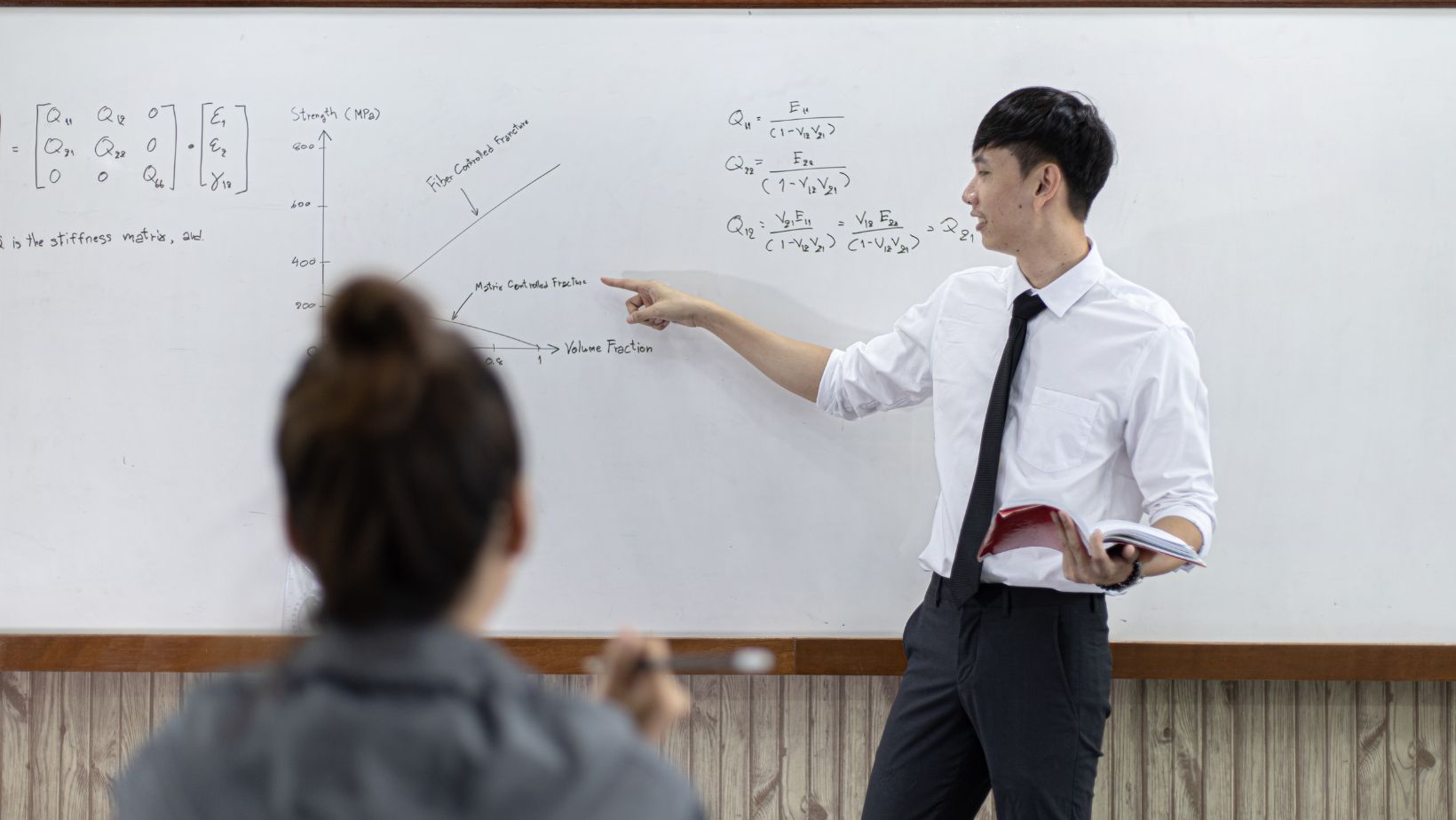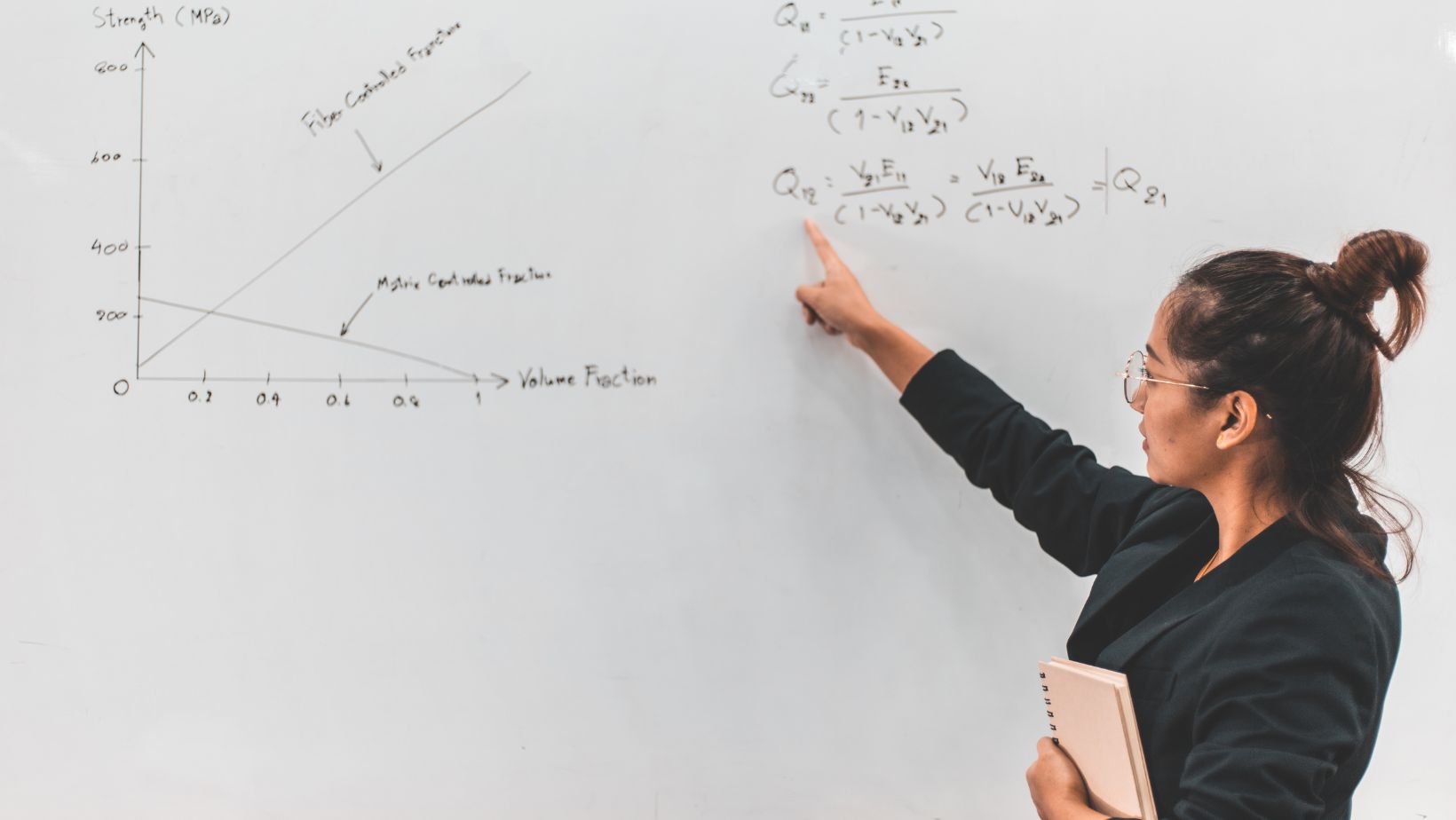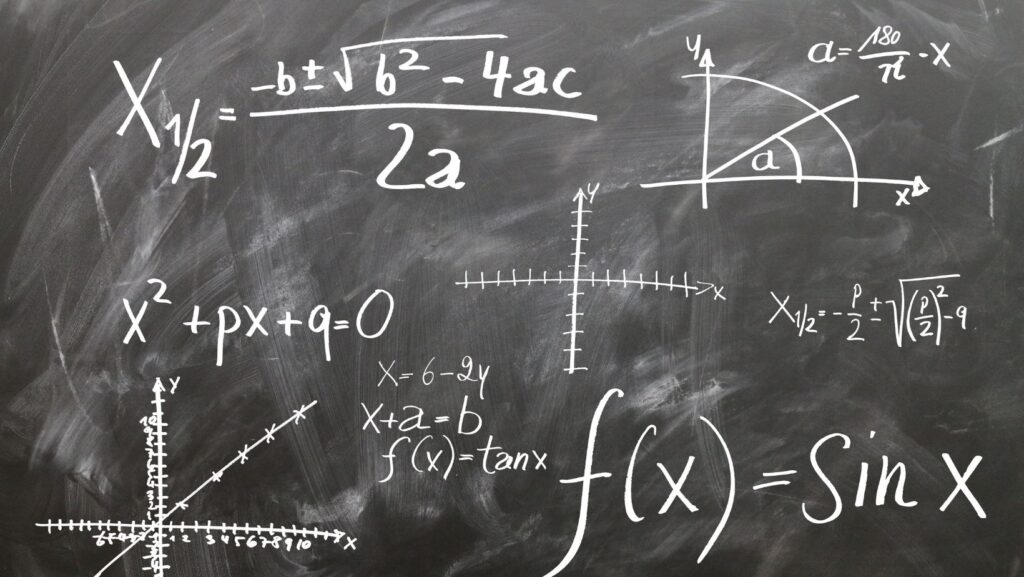 In the world of transitional periods of education, primary mathematics plays a foundational role in shaping young minds and preparing them for future challenges academic international studies. It’s not just about numbers and equations; it’s about instilling problem-solving skills, critical thinking, and a logical approach to learning. From basic arithmetic to introductory algebra, primary mathematics forms the building blocks upon which higher-level math concepts are constructed.
In the world of transitional periods of education, primary mathematics plays a foundational role in shaping young minds and preparing them for future challenges academic international studies. It’s not just about numbers and equations; it’s about instilling problem-solving skills, critical thinking, and a logical approach to learning. From basic arithmetic to introductory algebra, primary mathematics forms the building blocks upon which higher-level math concepts are constructed.
Understanding primary mathematics is essential for students to excel in various fields, from science and technology to finance and engineering. By mastering fundamental mathematical principles early on, children develop a strong numerical fluency that serves as a springboard for their academic journey. In this article, we delve into the significance of primary mathematics education and explore how it sets the stage for a lifetime of mathematical proficiency and success.
Overview of Primary Mathematics
Primary mathematics plays a fundamental role in shaping young minds and preparing students for future academic challenges. It extends beyond mere numbers and equations, focusing on instilling problem-solving skills, critical thinking, and a logical approach to learning. Students who master essential mathematical principles early on are better equipped to excel in various fields such as science, technology, finance, and engineering. By laying the groundwork for higher-level math concepts, primary mathematics paves the way for a lifetime of mathematical proficiency and success.
Importance of Teaching Primary Mathematics
Teaching primary mathematics is vital as it plays a pivotal role in developing essential skills for students’ academic growth and future success. Here are key aspects highlighting the importance of primary mathematics education:
Enhancing Critical Thinking Skills
By introducing primary mathematics early on, students can enhance their critical thinking abilities. Through solving mathematical problems, they learn to analyze, evaluate, and apply logical reasoning, fostering a mindset that values precision and accuracy.
Building a Strong Foundation
Primary mathematics provides the cornerstone for advanced mathematical concepts in higher education and various professions. By mastering foundational principles at an early age, students build a solid base for tackling complex mathematical problems with confidence and proficiency. For parents seeking extra support for their children, services like tutoring in Detroit offer personalized guidance, ensuring that students not only grasp these essential concepts but excel in them, laying a strong foundation for future success in math-related fields.
Common Challenges in Teaching Primary Mathematics
Teaching primary mathematics poses various challenges that educators often encounter. Understanding these challenges is crucial for developing effective strategies to enhance students’ learning experiences. Here are some common hurdles faced by teachers in the primary mathematics classroom:
- Limited Attention Span:
Children at a primary level may have a short attention span, making it challenging for teachers to maintain their focus during math lessons. Engaging activities and interactive teaching methods can help capture and retain students’ attention.
methods can help capture and retain students’ attention. - Conceptual Understanding:
Ensuring that students grasp fundamental mathematical concepts can be a challenge. Teachers need to employ multiple teaching approaches, such as visual aids, hands-on activities, and real-world examples, to reinforce understanding. - Individual Learning Paces:
Students in a primary mathematics class may progress at different rates, posing a challenge for teachers to cater to individual learning paces effectively. Providing personalized attention and using adaptive teaching strategies can help address this issue. - Math Anxiety:
Some students may experience math anxiety, which can hinder their learning and performance in mathematics. Creating a supportive and non-judgmental learning environment, encouraging mistakes as part of the learning process, and promoting a growth mindset can help alleviate math anxiety. - Limited Resources:
Schools may face constraints in terms of resources for teaching primary mathematics effectively. Teachers need to be creative in utilizing available resources, incorporating technology where possible, and adapting teaching materials to suit their students’ needs. - Assessment and Feedback:
 Providing timely and constructive feedback on students’ progress in mathematics can be a challenge. Implementing formative assessments, encouraging peer-to-peer feedback, and fostering a growth-oriented mindset can facilitate effective assessment practices.
Providing timely and constructive feedback on students’ progress in mathematics can be a challenge. Implementing formative assessments, encouraging peer-to-peer feedback, and fostering a growth-oriented mindset can facilitate effective assessment practices.
By acknowledging and addressing these common challenges in teaching primary mathematics, educators can create a more engaging and supportive learning environment for young students, fostering their mathematical skills and confidence.
Primary mathematics education plays a crucial role in developing essential skills like problem-solving and critical thinking. Educators must address challenges like short attention spans and math anxiety to ensure effective teaching. By implementing strategies such as using manipulatives, fostering problem-solving, and integrating technology, students’ engagement and confidence in mathematics can be significantly enhanced. These approaches aim to lay a strong academic foundation for students, setting them up for success in their educational journey.
